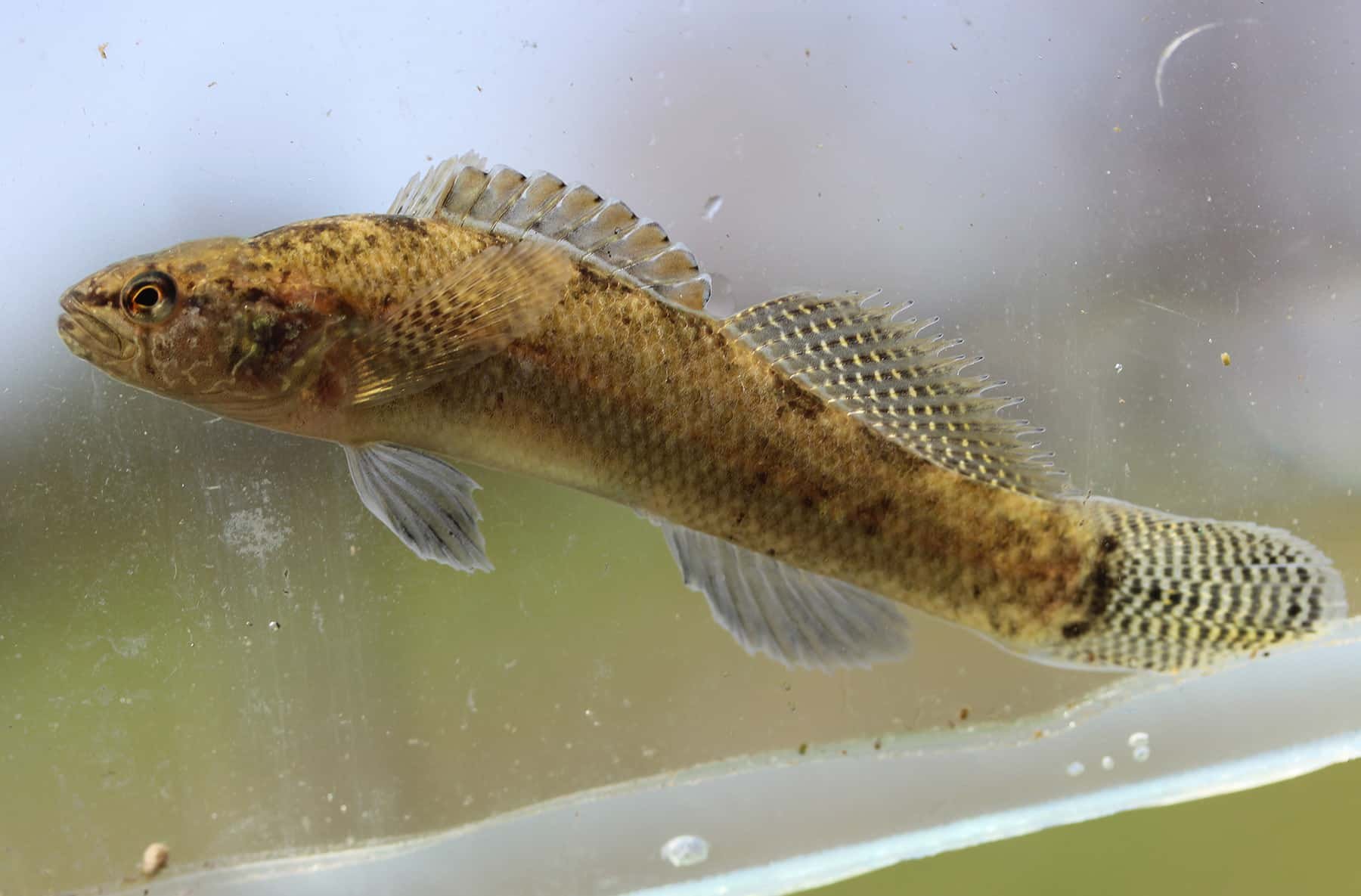(CN) — In shallow pools in central Tennessee, along roughly 6 miles of the Collins River and its tributaries, lives a fish that in adulthood doesn’t quite reach 4 inches in length. It's one of the rarest fish on the continent and a species that has attracted the support of environmentalists.
Two of the seven known populations of the Barrens darter have already disappeared and the remaining five are small and isolated as humans increasingly encroach on their habitat.
In 2010, the Center for Biological Diversity and other environmental organizations petitioned the U.S. Fish and Wildlife Service to protect the darter under the Endangered Species Act.
In 2019, FWS acknowledged the population for the Barrens darter was small while its habitat is threatened by water pollution, sedimentation and climate change. But the agency also determined the population likely has always been small and “the overall condition of the species is not predicted to change significantly from these impacts within the foreseeable future.”
“We find that the stressors acting on the species and its habitat, either singly or in combination, are not of sufficient imminence, intensity, or magnitude to indicate that the species meets the definition of an endangered species or a threatened species throughout all or a significant portion of its range,” FWS concluded, determining the darter would not be listed as an endangered species.
On Thursday, the environmental group sued FWS in Washington federal court over the denied application. Calling the Barrens darter “one of the rarest fish in North America,” the group also said the species is notable for males that protect the nest, sometimes making knocking, drumming or purring sounds to attract females and deter threats. They reproduce by laying and fertilizing eggs attached to the underside of a rock.
“We can’t afford to lose the Barrens darter, but every day these fish aren’t protected makes it more likely that we will,” said Meg Townsend, freshwater attorney at the Center for Biological Diversity. “Protecting the Barrens darter and the rest of the Southeast’s disappearing freshwater animals will benefit us all by ensuring there are clean streams for drinking and recreation.”
In its complaint, the group claims the FWS decision was “arbitrary, capricious and violated the ESA because it failed to rely on the best available science, failed to properly consider whether current regulatory mechanisms are adequate to protect the Barrens darter, and failed to properly determine whether the Barrens darter is endangered or threatened in a ‘significant’ portion of its range.”
The fish require clear water and substrates for spawning but “much of the Barrens darter’s aquatic habitat has been degraded or destroyed by stream dewatering (of both surface and groundwater) and the clearing of riparian vegetation, which has led to increased sedimentation, streambed scouring, and stream widening,” the group claims. It primarily points the finger at poor agricultural practices, but also suggests urbanization and climate change play smaller roles.
The Center for Biological Diversity claims FWS didn’t follow its own procedures for properly evaluating the application, including the analysis and investigation of potential conservation measures.
In recent years, FWS has listed two other species from the region as endangered, the Barrens topminnow and the Laurel dace. Both have shown signs of stabilization since they were listed.
Subscribe to Closing Arguments
Sign up for new weekly newsletter Closing Arguments to get the latest about ongoing trials, major litigation and hot cases and rulings in courthouses around the U.S. and the world.









